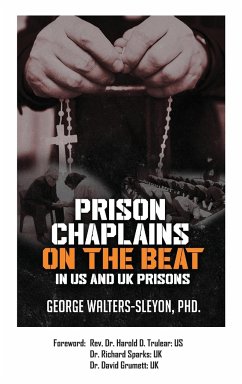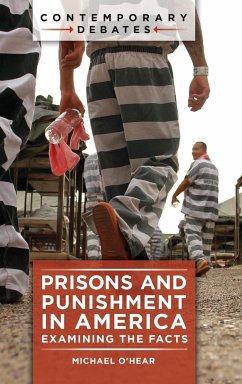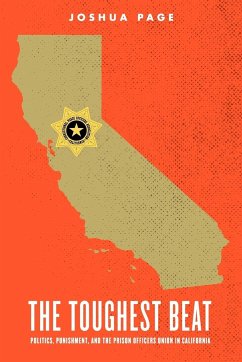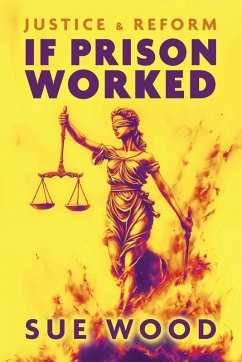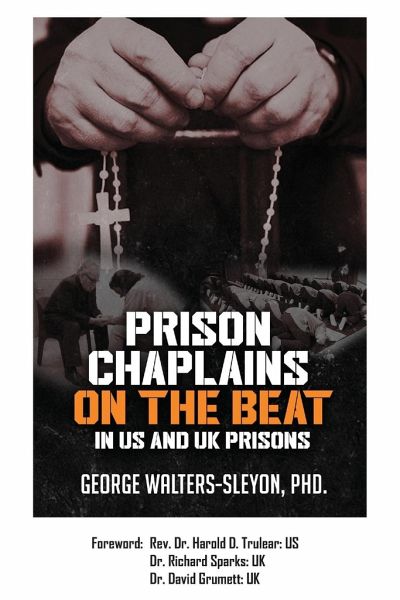
Prison Chaplains on the Beat in US and UK Prisons

PAYBACK Punkte
37 °P sammeln!
This book is about prison chaplains and their care for aging, dying, and dead prisoners in the penal systems of the United States and the United Kingdom. Since the 18th century, prison chaplains have served as priests and pastoral caregivers to prisoners and prison staff. The book traces the historical roles of prison chaplains in developing the managerial aspects of prisons, focusing on their presence, best practices, and ways of conceptualizing their prison experiences in the modern prison cultures of the United States and the United Kingdom. While prison chaplains have historically provided...
This book is about prison chaplains and their care for aging, dying, and dead prisoners in the penal systems of the United States and the United Kingdom. Since the 18th century, prison chaplains have served as priests and pastoral caregivers to prisoners and prison staff. The book traces the historical roles of prison chaplains in developing the managerial aspects of prisons, focusing on their presence, best practices, and ways of conceptualizing their prison experiences in the modern prison cultures of the United States and the United Kingdom. While prison chaplains have historically provided care to prisoners, prison chaplaincy after 1970 has transformed. This book shows how prison chaplains face new challenges in caring for prisoners under the penal policies and practices of mass incarceration. Prison Chaplains on the Beat demonstrates how prison chaplains have conceptualized the practice of providing pastoral care to aging, dying, and dead prisoners in the United States and the United Kingdom through a person-centered approach. The book is both theoretical and empirical. The empirical aspect focuses on the prison experiences of 31 prison chaplains from the United States and Scotland. The theoretical aspect provides a conceptual understanding of the multi-faceted roles of prison chaplains in the United States, Scotland, and England and Wales. As a research in comparative criminal justice, it argues that prison chaplains are fundamentally indispensable to prison management practices and managerial theories in the United States, Scotland, and England and Wales post-1970. "Powerfully combines historical and empirical approaches to religion in prisons. Brings new understanding of the pastoral and prophetic roles of prison chaplains and launches a searing ethical critique of mass incarceration. The comparisons between the United States and Britain are instructive for current and future prison policy in both locations." - Dr. David Grumett, School of Divinity, University of Edinburgh, UK "George Walters-Sleyon's *Prison Chaplains on the Beat* offers a new perspective on the predicaments of contemporary penal politics and practices, especially their racialized harms. Chaplains are both observers of and participants in the contemporary prison scene, and their perspective is a special, but hitherto under-reported one. By reconsidering our carceral condition through this lens, Walters-Sleyon illuminatingly re-states the moral and political challenges of mass incarceration." - Dr. Richard Sparks, School of Law, University of Edinburgh, UK



